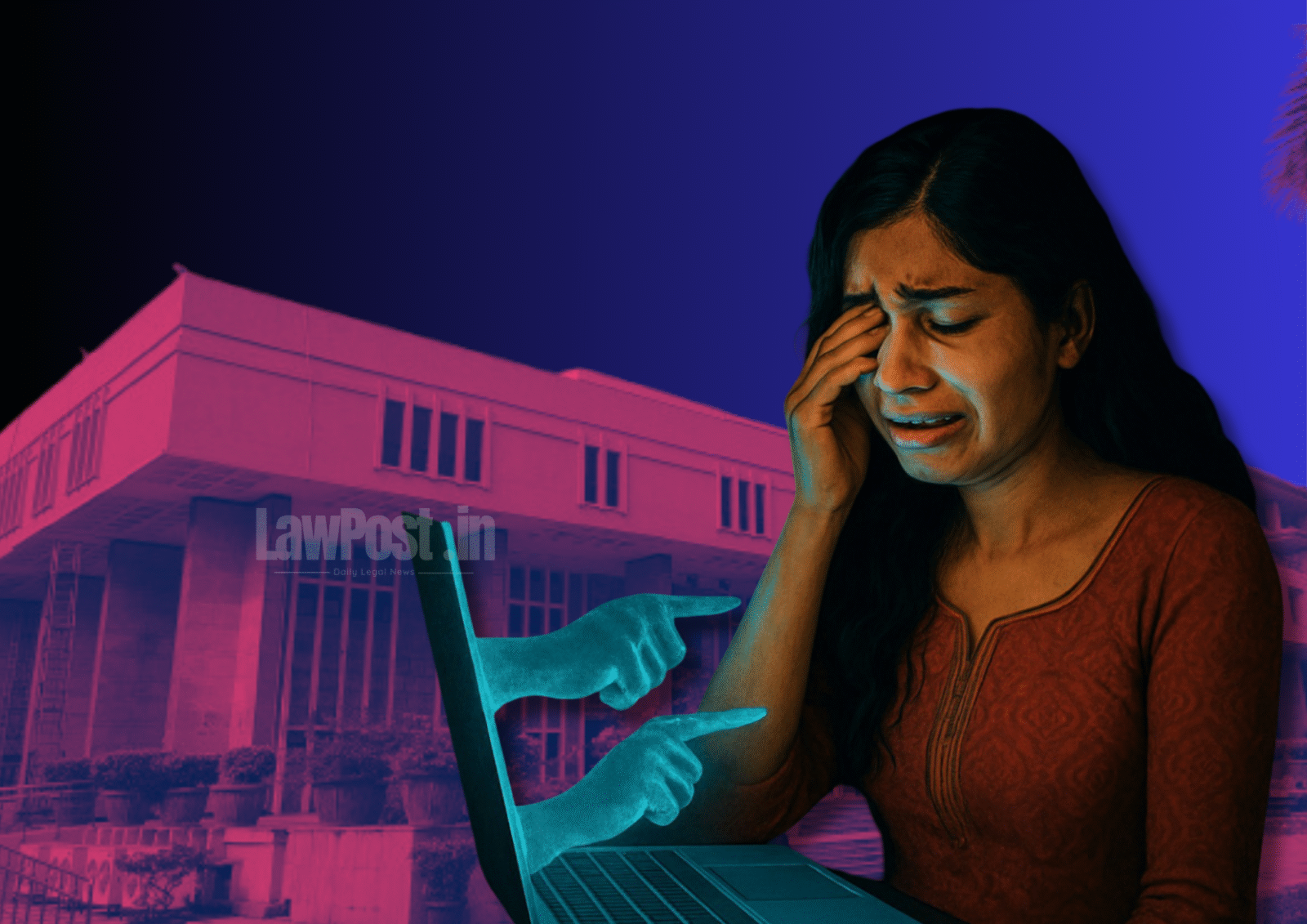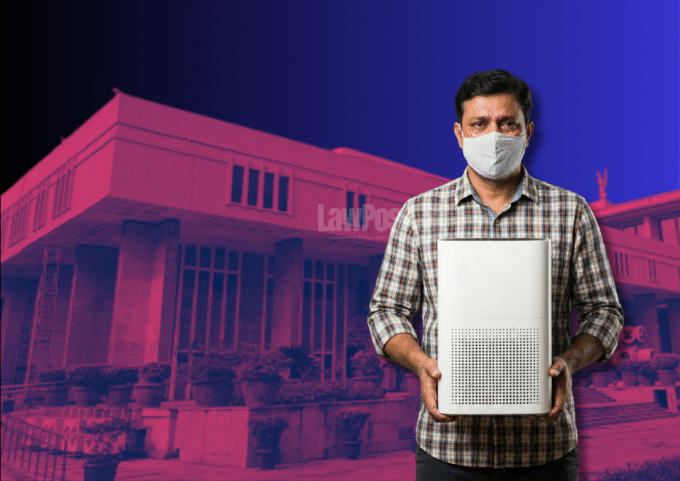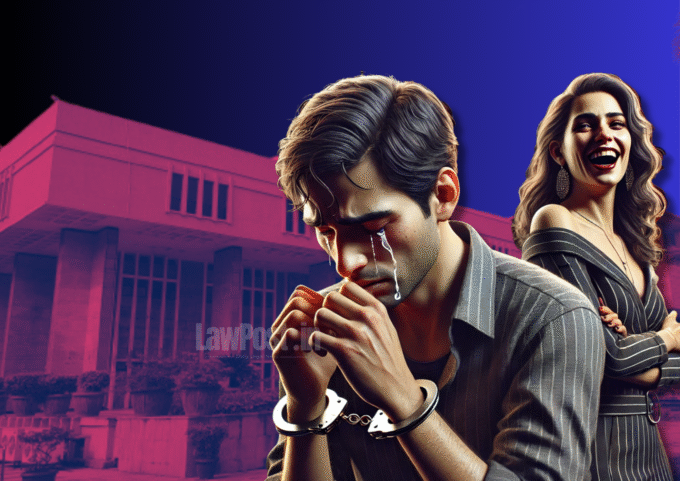In a significant ruling, the Delhi High Court has declared that cyberbullying—especially targeting children—can be as psychologically devastating as physical assault. The court made this observation while upholding the conviction of Rajesh Gambhir, who was found guilty of digitally morphing a minor girl’s face onto a nude image and threatening to circulate it online.
Justice Swarana Kanta Sharma, delivering a detailed 35-page judgment, noted the grave emotional consequences of online abuse, particularly on children. “Such conduct, in the virtual world, has very real and devastating consequences in the real world,” the judge stated.
The case involved a Class XII student who was subjected to obscene digital manipulation and coercive threats, leaving her deeply traumatized. The trial court had earlier convicted Gambhir under:
- Section 354A(1)(iv) and Section 506 of the Indian Penal Code (IPC),
- Section 14 of the Protection of Children from Sexual Offences (POCSO) Act, and
- Sections 67 and 67A of the Information Technology Act.
Justice Sharma emphasized that “The trauma that stems from such abuse cannot always be captured in words within a judgment.” She further observed that “receiving a morphed nude image of oneself, especially coupled with a threat of public circulation, can shatter a child’s sense of safety, dignity, and personal security.”
Acknowledging the increased digital exposure of children post-COVID, the court stressed the need to secure online environments. “Creating a secure environment must not be limited to physical spaces alone. Equal protection is necessary in the digital realm,” the judgment added.
Reinforcing the importance of deterrence in such crimes, the High Court upheld the lower court’s ruling and dismissed Gambhir’s appeal, concluding that “the impugned judgment and order passed by the learned Trial Court suffer from no infirmity or error. The same are accordingly upheld.”
The verdict underscores the judiciary’s growing recognition of cyber offences as deeply invasive and mentally scarring, especially for children.
Case: Rajesh Gambhir vs State GNCT of Delhi and Anr – Available on LAWFYI.IO








